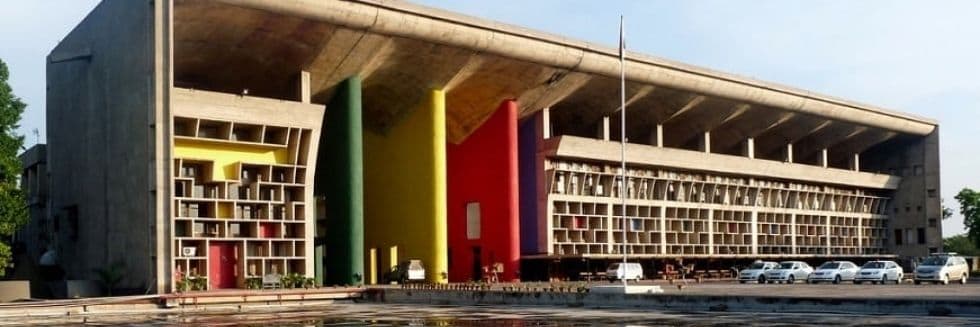Muslim Girls Below 18 Years Can Marry: Punjab and Haryana HC

Harleen Kaur Grewal
Chandigarh, February 10, 2021: Relying on documents relating to Muslim marriages and various decisions by the courts, the Punjab and Haryana High Court has declared that a Muslim girl, who is under 18 years of age and has attained puberty, is free to marry anyone she may wish to.
For this, the court has cited Article 195 from the book ‘Principles of Mohammedan Law’ by Sir Dinesh Fardunji Mulla. The High Court felt that upon attaining the age of puberty, a Muslim girl is free to marry a man of her choice.
Explaining the “potential of marriage” under Muslim Personal Law, Article 195 in Mulla’s book states, “Every Muslim with a mature mind who has attained puberty can contract marriage. Minors who have not attained puberty can be validly contracted in marriage by their parents. ”
According to the book, “On completion of fifteen years of age, youth is considered to be complete due to lack of evidence.” Justice Alka Sarin gave this order while hearing the petition of a Muslim couple from Punjab. The 36-year-old man and a 17-year-old girl announced their marriage as per Muslim rites and ceremonies on 21 January 2021. This was the first marriage of the two. They sought directions for the safety of their lives and freedom from their relatives, who are against the relationship.
The petitioners argued that youth and majority are the same in Muslim law. There is an estimate that a person attains majority at the age of 15. They also argued that a Muslim boy or Muslim girl who has attained puberty is free to marry anyone. The guardian has no right to interfere. The petitioners argued that their life and liberty were in danger due to their relatives. They have requested Mohali SSP to protect it.
After hearing the appeal, the judge observed that the Muslim girl is governed by Muslim Personal Law. Merely the petitioners marrying against the wishes of their family members does not account them to the deprivation of the fundamental rights provided by the Constitution. The High Court defended them and directed Mohali SSP to take appropriate action regarding the safety of the couple.








